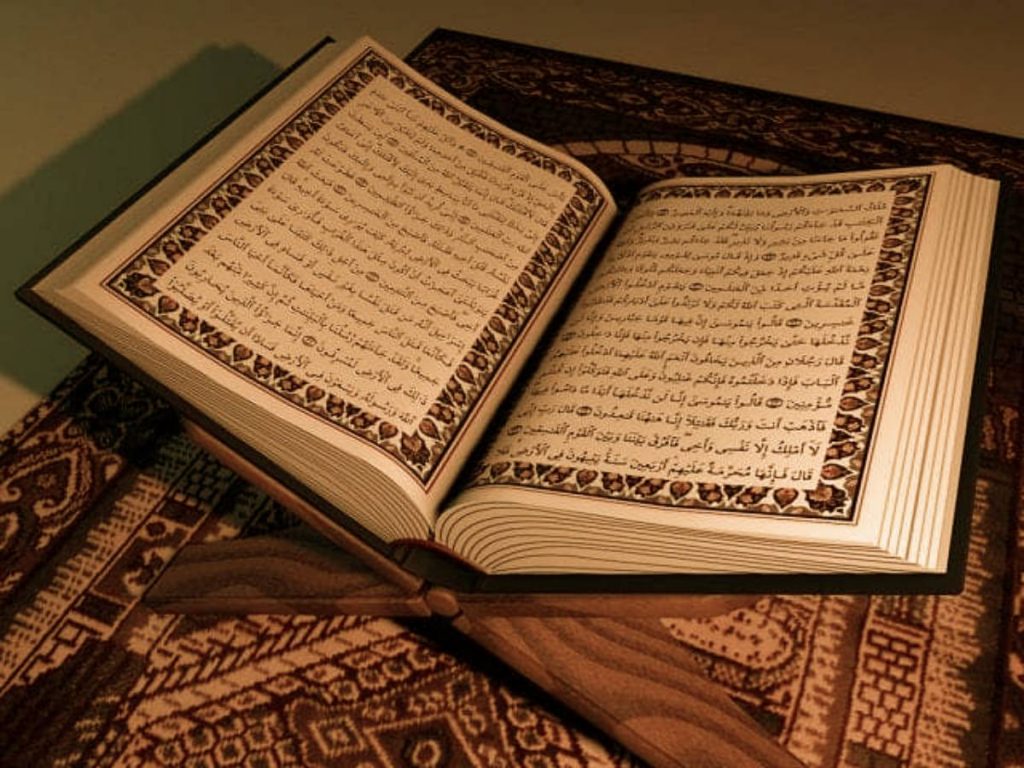The Quran: A Spiritual and Historical Exploration
The Quran, often spelled as Qur'an or Koran, is the holy scripture of Islam, revered by millions around the world as the divine word of God. It holds a central place in the lives of Muslims and serves as a guide for their faith, ethics, and way of life. This article delves into the significance, authorship, and worship associated with the Quran.
What is the Quran?
The Quran is a sacred text that Muslims believe to be the literal word of God (Allah) as revealed to the Prophet Muhammad through the angel Gabriel (Jibril) over a period of approximately 23 years. It is composed of 114 chapters, known as Surahs, and covers a wide range of topics including theology, morality, guidance for personal conduct, and social justice.
Authorship of the Quran:
According to Islamic belief, the Quran is not the creation of any human author but is the direct and unaltered word of God. Muslims regard the Prophet Muhammad as the recipient of these revelations, who then conveyed them to his followers. The Quran is believed to be a continuation and finalization of the divine message given to previous prophets, such as Abraham, Moses, and Jesus.
Significance and Fame:
The Quran is not only a religious scripture but a source of spiritual solace, guidance, and inspiration for Muslims across the globe. It holds profound significance in shaping the beliefs, practices, and worldview of Muslims. Its eloquence, poetic beauty, and ethical teachings have garnered admiration even beyond the Islamic faith.
Worship and Reverence:
The Quran occupies a central role in the daily life of Muslims. It is recited and memorized, with many Muslims around the world committing the entire text to memory. The act of reciting the Quran, known as Tilawah, is considered an act of worship and devotion. Muslims recite it during their daily prayers (Salah) and seek its guidance in various aspects of life.
The Quran is treated with utmost respect, and Muslims are encouraged to handle and read it with purity and reverence. It is often kept in a high place within the home, and individuals take care to wash themselves before touching it.
The Quran is more than just a religious text; it is a cornerstone of faith, a source of moral guidance, and a beacon of spirituality for Muslims. Its timeless teachings continue to shape the lives of millions, fostering a sense of unity, purpose, and devotion among believers. The Quran's enduring influence and profound wisdom have solidified its status as a revered and cherished scripture in the world of religion and spirituality.

